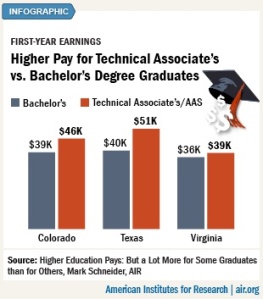 While perusing the internet the other day I came across an essay submitted by a student trying to gain admission to NYU in answer to the following question: “Are there any significant experiences you have had, or accomplishments you have realized, that have helped to define you as a person?”
While perusing the internet the other day I came across an essay submitted by a student trying to gain admission to NYU in answer to the following question: “Are there any significant experiences you have had, or accomplishments you have realized, that have helped to define you as a person?”
The essay opened as follows: “I am a dynamic figure, often seen scaling walls and crushing ice. I have been known to remodel train stations on my lunch breaks, making them more efficient in the area of heat retention. I translate ethnic slurs for Cuban refugees, I write award-winning operas, I manage time efficiently. Occasionally, I tread water for three days in a row.”
The writer goes on to list even more outlandish, spectacular accomplishments in an admissions essay so over the top, it’s obvious this person is making it all up. To read the entire essay, click here, but please be warned that this website is a bit quirky, and somewhat free with profanity. Still, I found the writer’s irreverence refreshing because applying to college has become such a high-stress experience for parents and students alike.
The 2011 College Board’s College Admission and Enrollment Statistics found that in addition to evaluating grades, secondary school record, and standardized test scores, a majority of colleges and universities consider the essay to be important or very important when determining which academically qualified students they will choose. It’s a lot of pressure to place on just one piece of writing. In fact, some people would argue that the admissions essay requirement is unrealistic and unfair to students.
I think the writer of the NYU essay was trying to acknowledge just how preposterous it is to attach so much importance to one piece of writing. And, more importantly, how the topic of “significant experiences” is just a bit silly, since most young people are going out on their own for the first time, and may be somewhat inexperienced. Still, by flouting convention and satirizing the college application ritual so astutely, this writer shows creativity, clarity, and gumption.
At Champion, we want you to know that we get it. The whole process of applying to college is stressful. And our writing teachers get it – they are committed to helping students write powerful, persuasive essays; but they also understand that a little humor and a genuinely unique voice are much more important. Check out our website for more on our College Essay prep services, but if all you need is some advice, you can always call us for that too.




